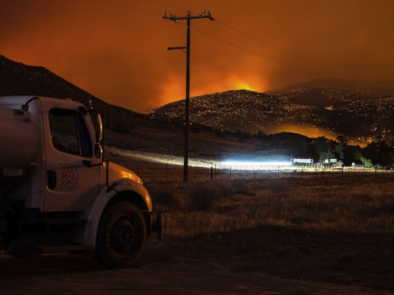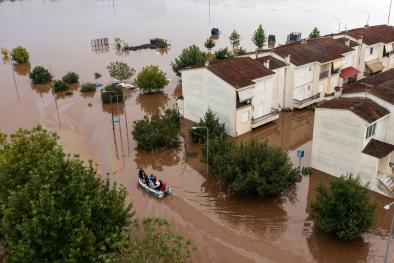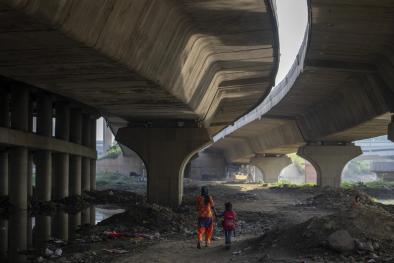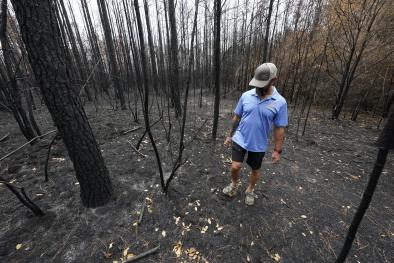Science Source
Tools for Assessing the Impacts of Climate Variability and Change on Wildfire Regimes in Forests
- States wildfires may: have undesirable effects on biodiversity and vegetation coverage; produce carbon emissions to the atmosphere; release smoke affecting human health; and cause loss of lives and property
- States that climate change can alter factors that influence the occurrence of fire ignitions, fuel availability and fuel flammability
- This review paper aims to identify tools and methods used for gathering information about the impacts of climate variability and change on forest fires, forest fuels and the probability of fires
- Finds that tools to assess the impacts of climate variability and change on forest fires include: remote sensing, dynamic global vegetation and landscape models, integrated fire-vegetation models, fire danger rating systems, empirical models and fire behavior models
- Outlines each tool in terms of its characteristics, spatial and temporal resolution, limitations and applicability of the results
Related Content
Headline

Nov 17, 2023 | Climate Nexus Hot News
Utility Responsible For Wildfire, CA Report Says
Headline

Oct 26, 2023 | Climate Nexus Hot News
The Planet is ‘Under Siege,’ Scientists Say
Headline

Oct 11, 2023 | Climate Nexus Hot News
Climate Change Forcing Children to Move
Headline

Sep 20, 2023 | AP
In a state used to hurricanes and flooding, Louisiana is battling an unprecedented wildfire season


